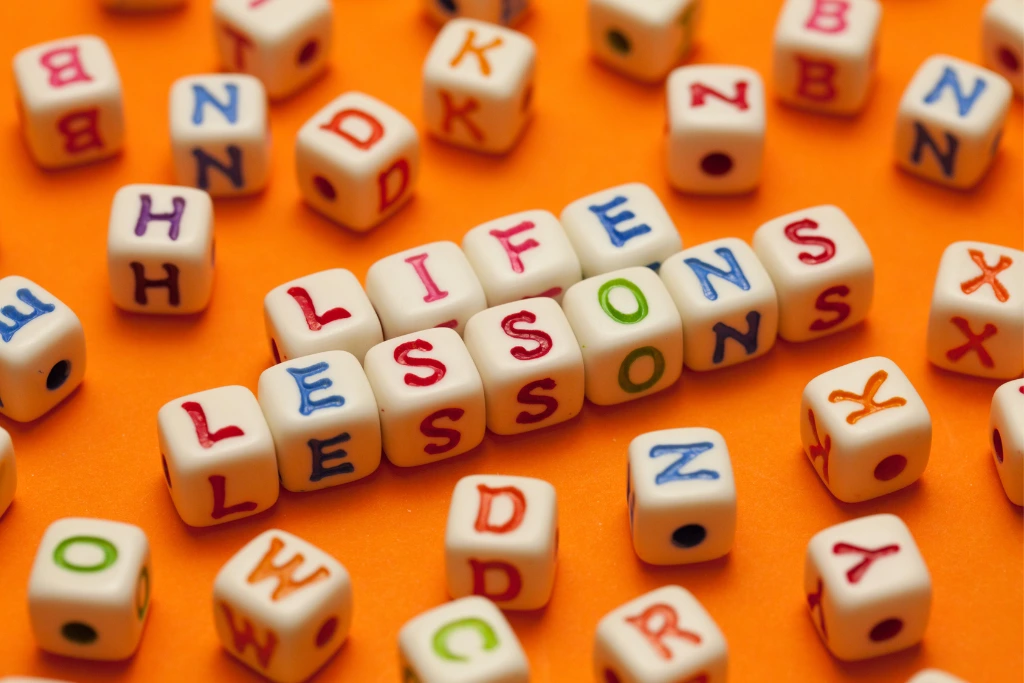
“Your best friend could be your biggest competition,” On my first day of senior year at Missouri University’s Journalism School, I was reminded of the words my mother uttered to me three years prior. During the summer of 2011, she tried to provide comfort for me as I frantically stuffed books and shoes into cardboard boxes. I was in a dither because this was my preparation for transferring to one of the most esteemed schools of journalism. I’m sure my mom’s intention was to remind me that college will be a mix of difficult and rewarding experiences. Nevertheless, her comment stirred up the fear inside me that I would never find lasting friendships among my journalism classmates.
Sure, I could make friends and have someone to accompany me to the movies, dinner dates, and parties. But as the junior year approached along with senior year close behind it, things began to get serious. Likely, I would have peers who are applying to the same magazines and digital publications. We’d share comparable backgrounds and abilities. With us having similar educational backgrounds, we were likely to be competing for the same jobs and internships. We wouldn’t ever be able to form a true friendship if it was every person for themselves in this professional arena.
Walking into my first journalism classes at MU, I was eager to find the person who would be my “biggest competition.” Although I had made friends, the competitive track played in my head: What are his/her strengths? Is mine superior? Would he/she want to work at the same company as me? My thoughts saturated and left me completely exhausted.
On the very first day of my senior year, I sat in a classroom with Kari – an individual who had been there to help me adjust when I was just starting out as a transfer student. At that moment, I couldn’t help but ponder how much information about job applications and personal life should be shared with friends. How close can you allow yourself to get to them? When our professor handed us Ann Friedman’s essay on “Shine Theory” during the first lesson, I felt like my persistent query had been answered. Shine Theory uplifts and motivates women, from Beyoncé to Kelly Rowland and beyond, to be supportive of one another in all their endeavors. Instead of viewing your friend’s success as a setback for yourself, Friedman suggests leveraging each other to maximize both of your successes. If your buddy is thriving like Beyoncé, celebrate them! Soon enough you’ll join her in the spotlight as she strides onstage and captivates everyone with her toned legs. Friedman’s words gave me an opportunity to alter my approach to life after college graduation.
From Friend to Mentor
Shine Theory was the underlying principle that Kari and I used to guide our senior year. Whenever internship applications came my way or when relatives questioned me about what lies ahead for me, she was there as my trusted confidant, counsel, and friend. She was prepared with her RSS feed full of job alerts and I had a list of ideal contacts and opportunities for her. Frequently, we would jostle for the same job opportunities. On many of our “wine and work nights”, hours would slip away as we applied to openings. As graduation closed in, we wrote and reviewed cover letters for each other. We pushed ourselves to press the “submit” button on applications when one of us didn’t have the courage to do it. This is what every undergraduate senior should be doing at this stage! With my best friend by my side as a mentor, I no longer felt the pressure of competing with my peers. Together, we worked on tasks that seemed impossible at first.
“Your best friend could be your biggest competition.” Indeed, if you don’t pay attention and let your guard down, the competition may unexpectedly end up as one of your most important resources.









